Outsourcing Your PMO: Your Complete Guide Plus Pros and Cons
Creating a project management office (PMO) for a change program or to monitor projects long-term is a big investment. The alternative to creating an in-house team is outsourcing your PMO, and this is your guide including the pros and cons.
As a PMO professional, you’re likely to find yourself working for a PMO within an organisation, but there are opportunities with outsourcing companies who take over the role of an internal office.
To understand the role of an outsourced PMO, we’re going to explore:
- What an outsourced PMO does including different styles of PMO
- The reasons why a company might consider outsourcing their PMO
- Benefits and drawbacks associated with an external PMO
- How a company can find an external PMO or some PMO services
So you can understand this alternative PMO format and whether it’s relevant to your office and role.
What is an outsourced PMO?
An outsourced PMO is an external company that takes on the roles and functions of a project management office on a contract basis, and is sometimes known as an offshore PMO.
Contracting a PMO means that the functions of an office, which might include:
- Data gathering, reporting, and monitoring
- Specialist project management support
- Process governance and compliance
- Creating and supporting documentation and project management frameworks
The external organisation will take care of whichever functions are missing in a business and provide the business services needed. The people working for your outsourced office could be in the same country as you or offshore; it’ll be a business decision how you determine who to work with.
In a supportive PMO, an outsourced office will be on call to offer project expertise, run training, and generate the reports and monitoring your company needs.
An outsourced compliance PMO will introduce and support a project methodology and ensure compliance, which is useful in a highly regulated industry.
Meanwhile, in a directive PMO will offer professional management structures and may even provide direct project support with contracted project managers.
Why does a company need to outsource the PMO function?
Outsourcing a PMO can have plus points and minuses, which we’ll look at in a moment, but the use case for bringing in contracted support can be strong.
- Your change program needs to get off the ground quickly – if your company needs to transform quickly, it won’t always have the time to recruit and develop an office.
- Your business is scaling fast – it can be hard to keep up with new projects and their governance, bringing in outside help can support a growing business.
- Costs and margins are tight – Depending where your company is in the business cycle, you may need to get reports and processes in place but need to keep costs down in the short-term.
What are the benefits of outsourcing a PMO?
The benefits of outsourcing a PMO are similar to outsourcing other business and office functions. We’ll explore these pros in more detail in a future article.
- An outsourced PMO can be more predictable for your bottom line and is potentially more cost effective in the short-term.
- Your company doesn’t need to source talent and go through employee onboarding, plus you don’t need to significantly increase headcount.
- The outsourced company is unlikely to have internal conflicts and will be purely focussed on the delivery of the PMO function.
- The company can be protected with SLAs within the contract to ensure delivery and that value will be added.
What are the negatives of outsourcing a PMO?
The balance of outsourcing your business functions is countered by similar arguments whether we’re talking about a PMO, outsourcing HR, or a range of other functions. We’ll look at these factors in more detail in a later post.
- Your organisation loses control of your project processes.
- You’re unlikely to develop the in-house skills and abilities and will rely on outsourcing in the long-term.
- The contracted office may have a cultural and strategic disconnect from your business which makes for challenging relationships.
- Without an airtight contract, the outsourcing company can lack accountability for issues, blaming your internal processes instead.
How to outsource a PMO
There are two types of PMO outsourcing options; there are large enterprise support companies that offer the functions of a PMO and there are niche consulting companies.
You can also choose to outsource some specific functions if you need to scale an existing PMO quickly, such as contracting out reporting and data visualisation or bringing in help to process accounting issues.
Your guide to outsourcing your PMO
Outsourcing a PMO can have its pros and cons for your business. As a PMO professional, you can also consider offering your services and expertise on a freelance or contractor basis, which we’ll look at in the coming weeks.
To view this resource from the original Author and view references and more detailed info please click here.
All of our resources are curated by external experts, and we share them on our site.
All original content can be found by clicking on the link below.

